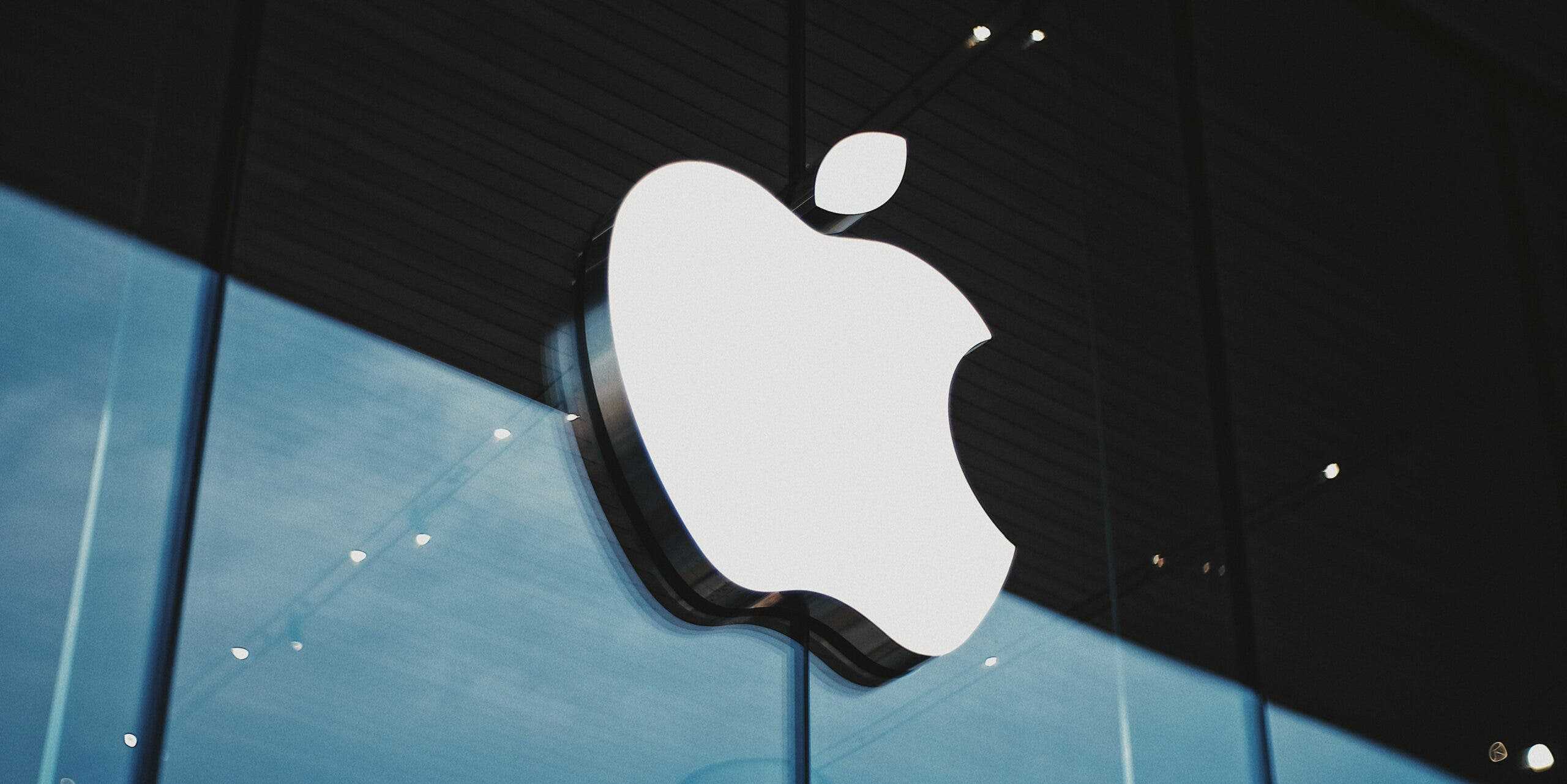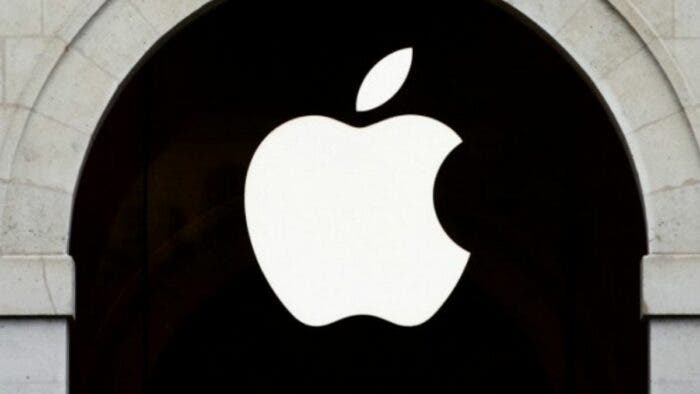Apple expressed “deep concern” about the British government’s proposed legislation to strengthen network surveillance. The company said that the UK surveillance bill may give the government unprecedented power to secretly prevent any security updates from being released in other countries around the world.

Investigatory Powers Act, 2016
The British government is planning to amend the Investigatory Powers Act (IPA) enacted in 2016. The amended copy is scheduled to be submitted to the House of Lords for debate on Tuesday.
The UK Parliament’s official website said
The Investigatory Powers (Amendment) Bill will update the Investigatory Powers Act 2016 to deliver the urgent changes needed to protect the British people, enabling the intelligence agencies to keep up-to-date in tackling a range of evolving threats and accelerating technological advancements that provide new
The bill allows the Home Office to disable certain encryption services by issuing a “Technical Capability Notice” (TCN). The latest revision of the bill, which critics call a “snooper’s charter”, may also allow the Home Office to block security and privacy updates without notifying the public.
The revised proposals include:
- Creates a new internet connection to record usage conditions to aid “target identification”.
- Introduce an alternative, less regulatory regime for the retention and inspection of bulk data sets of personal information where there is low or no expectation of privacy for individuals (such as publicly available online telephone directories).
- A new notification requirement can be issued to selected telecommunications operators requiring them to inform the government of proposed changes to their products or services that may negatively impact an agency’s existing ability to lawfully obtain data.

Apple’s Objections
Apple strongly opposes a couple of aspects of the changes. The company opposes the following
Gizchina News of the week
- The requirement to notify the Home Office of any changes to product security features before launch
- The requirement for non-UK companies to comply with changes that may affect the globalization of their products
- The immediate action without review when asked to disable or block features. or appeals process requirements.
Apple said in a statement:
“We are deeply concerned about the amendments to the Investigatory Powers Bill currently before Parliament, which will put the privacy and security of users at risk. This is an unprecedented overreach by the government and, if implemented, the UK New user protections could be secretly vetoed globally, preventing us from ever delivering them to customers.”
In July 2023, Apple said in a letter to the Home Office that the proposed changes “would stifle innovation, stifle commerce, and make the Home Office the de facto global arbiter of what levels of data security and encryption are allowed.” The company also said it would rather pull services such as FaceTime and iMessage from the UK than compromise on future security issues.

Earlier this month, a coalition of civil liberties organizations including Big Brother Watch, Liberty, Open Rights Group and Privacy International published a joint brief opposing parts of the bill. The groups said the proposed changes could “force tech companies, including foreign tech companies, to inform the government of any plans to improve security or privacy measures on their platforms so that the government can consider issuing notices to block such changes. This would essentially turn private companies into extensions of the surveillance state, eroding the security of devices and the internet.”
Conclusion
The proposed amendments to the Investigatory Powers Act by the British government have sparked concern, particularly from tech giant Apple. The amendments, which include provisions for increased surveillance and encryption control, have raised alarms about privacy and security implications. Apple’s strong objections underscore the potential global ramifications of the legislation, highlighting fears of government overreach and stifling innovation. With implications extending beyond UK borders, the proposed changes have drawn criticism from civil liberties organizations as well. The ongoing debate underscores the complex balance between national security interests and individual privacy rights in the digital age.





